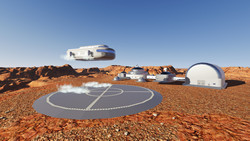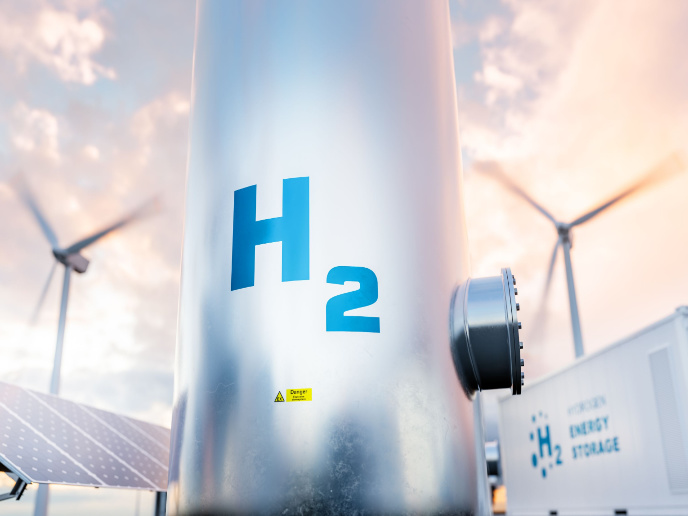End-to-end flight for planetary exploration missions
The surface of new worlds, such as Mars and even Jupiter's moon Europa, may soon feel the impact of landing spacecraft thanks to technology developed within the EU-funded project SPARTAN (Space exploration research for throttleable advanced engine). The project began on March 2011.Over the next three years, the potential of throttleable propulsion based on hybrid engine technology was explored. The hybrid propulsion system designed by SPARTAN partners consists of the engine itself that houses the fuel along with the oxidiser injection system. Hybrid rocket motors offer substantial advantages due to their simplicity and use of green propellants. Research was required to obtain data on codes and fuels to customise hybrid rocket motors for soft-landing and space missions with throttling requirements. The aim of the SPARTAN project was to not only design a new engine but also test it with a new highly realistic test bench. The landing test, although optimised for the Earth environmental conditions, also satisfied the requirements of robotic missions to the red planet. With its completion, the SPARTAN project demonstrated the first European soft landing drop test using a throttleable engine as well as an autonomously guided lander module. The benefits are not limited to the field of space propulsion, as the improvement of hybrid engine technology widens its applications. Furthermore, reduced dependence on imported technologies for space exploration is an important driver of European space research programmes. The SPARTAN project has demonstrated European capability on the international space scene with potential impact on future space missions.
Keywords
Planetary exploration, propulsion technology, hybrid engine technology, rocket motor, green propellant







